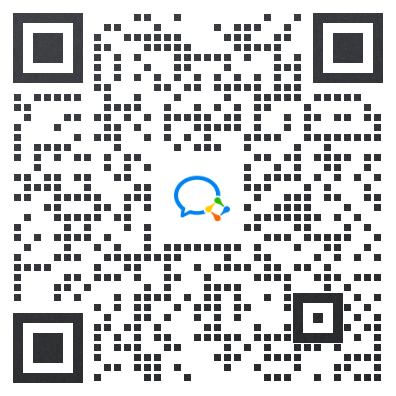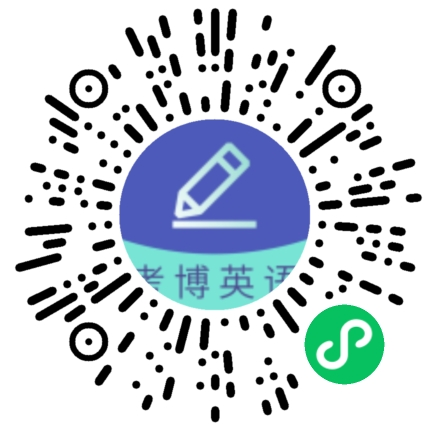2015年南京农业大学考博英语真题
摘要:希赛网英语考试频道为大家分享“2015年南京农业大学考博英语真题”,更多考博英语相关信息,请关注希赛网英语考试频道。
Information technology that helps doctors and patients make decisions has been around for a long time. Crude online tools like WebMD get millions of visitors a day. But Watson is a different beast. According to IBM, it can digest information and make recommendations much more quickly, and more intelligently, than perhaps any machine before it—processing up to 60 million pages of text per second, even when that text is in the form of plain old prose, or what scientists call “natural language”. That5 s no small thing, because something like 80 percent of all information is " unstructured. ” In medicine, it consists of physician notes dictated into medical records, long-winded sentences published in academic journals, and raw numbers stored online by public-health departments. At least in theory, Watson can make sense of it all. It can sit in on patient examinations, silently listening. And over time, it can learn
and get better at figuring out medical problems and ways of treating them the more it interacts with real cases. Watson even has the ability to convey doubt. When it makes diagnoses and recommends treatments, it usually issues a series of possibilities, each with its own level of confidence attached. Medicine has never before had a tool quite like this. And at an unofficial coming-out party in Las Vegas last year, during the annual meeting of the Healthcare Information and Management Systems Society, more than 1 000 professionals packed a large hotel conference hall, and an overflow room nearby, to hear a presentation by Marty Kohn, an emergency-room physician and a clinical leader of the IBM team training Watson for health care. Standing before a video screen that dwarfed his large frame, Kohn described in his husky voice how Watson could be a game changer—not just in highly specialized fields like oncology but also in primary care, given that all doctors can make mistakes that lead to costly, sometimes dangerous, treatment errors.
Drawing on his own clinical experience and on academic studies, Kohn explained that about one-third of these errors appear to be products of misdiagnosis, one cause of which is “anchoring bias**: human beings’ tendency to rely too heavily on a single piece of information. This happens all the time in doctors5 offices, clinics, and emergency rooms. A physician hears about two or three symptoms, seizes on a diagnosis consistent with those, and subconsciously discounts evidence that points to something else. Or a physician hits upon the right diagnosis, but fails to realize that it5 s incomplete, and ends up treating just one condition when the patient is, in fact, suffering from several. Tools like Watson are less prone to those failings. As such, Kohn believes, they may eventually become as ubiquitous in doctors’ offices as the stethoscope.
“ Watson fills in for some human limitations,” Kohn told me in an interview. “ Studies show that humans are good at taking a relatively limited list of possibilities and using that list, but are far less adept at using huge volumes of information. That5 s where Watson shines ; taking a huge list of information and winnowing it down. ”
76. What is Watson?
A. It is a person who aids doctors in processing medical records.
B. It is an online tool that connects doctors over different places.
C. It is an intelligent computer that helps doctors make decisions.
D. It is a beast that greets millions of visitors to a medical institution.
77. Which of the following is beyond Watson5 s ability?
A. Talk with the patient. B. Calculate probability.
C. Recommend treatment. D. Process sophisticated data.
78. Marty Kohn .
A. gave a presentation at an academic conference
B.works for the IBM Training Division
C. is a short person with a husky voice
D. expressed optimism for Watson
79. “Anchoring bias” .
A. is a device ubiquitous in doctors5 offices
B. is less likely to be committed by Watson
C. happens in one third of medical treatments
D. is a wrong diagnosis with incomplete information
80. Which of the following may be the best title of the passage?
A. Watson as a Shining Star B.The Risks of Misdiagnosis
C. The Robot will See You Now D. IBM5 s IT Solution to Medicine
小编推荐:
素材来源:网络
延伸阅读
- 2026全国医学博士英语统考准考证打印时间
- 2026全国医学博士英语统考准考证打印流程
- 上海戏剧学院2026年招收攻读博士学位研究生招生简章
- 考博英语全国医学统考真题考情分析
- 桂林医科大学2026年在职医师攻读临床医学博士专业学位人员招生简章
- 研究生上多少年可以考博士

考博英语微信公众号

了解更多考试动态
考博英语备考资料免费领取
去领取

扫一扫,进入微信小程序,各院校历年真题随时随地可刷题,助力考博英语提分。
- 0
- 2
- 2
 专注在线职业教育25年
专注在线职业教育25年







 扫描二维码
扫描二维码
 扫描二维码
扫描二维码








